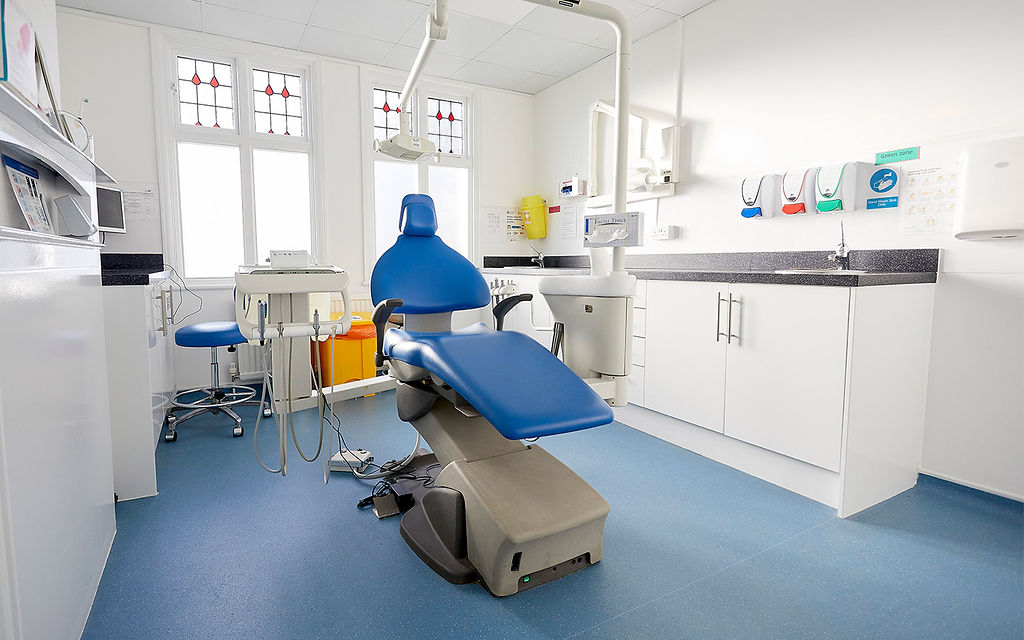Smoking after tooth extractionThe process or act of removing a tooth or tooth parts..
Avoiding a cigarette can be a very challenging thing for an avid smoker and particularly after the stress of having a tooth removed, however it is vital that you refrain from smoking post-surgery to ensure you gums have time to heal and you can avoid any further damage or pain to your mouth.
In fact, smoking after your treatment can contribute to the risk of a “dry socket” – a very painful inflammation of the bone which used to support the tooth - meaning whilst that cigarette may feel good at the time, it is doing significantly more harm.
Primarily, cigarettes should be avoided at all times due to their negative impact on a patient’s health, however in the aftermath of having a tooth removed, they can cause serious problems.
The cigarettes themselves contain toxins that inflame your gums and can irritate the area where the removal took place. Consequently, this leads to swelling and more pain which will obviously defeat the purpose of having the tooth removed in the first place. Additionally, the healing process commences when the blood clots around the extraction site, and smoking can cause these clots to be discharged prior to any healing taking place, and thus prolonging the process.
Obviously, smoking is never a recommended activity for your health, however for those who are desperate for a cigarette you should follow your dentist’s advice on when is the best time to have one. These guidelines state that you should be able to smoke without any direct effect on the healing process 72 hours after the extraction.
However, if you have had multiple extractions (such as having your wisdom tooth out in the past) then you may be required to avoid smoking for a longer period to help aid the recovery period. Your dentist will be able advise on a case by case basis for more complex extractions.
Book an appointment
